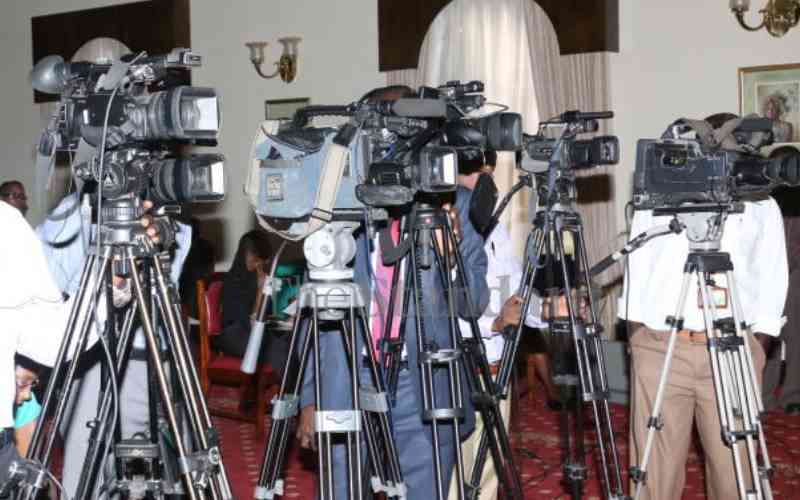×
The Standard e-Paper
Join Thousands Daily

The media industry continues to find itself in a tight spot following an avalanche of hits both politically and economically.
The latest hit is the decision by the government through the Ministry of ICT to deny major dailies government advertising revenue. The ministry awarded only one daily a contract to carry the weekly government publication MyGov.